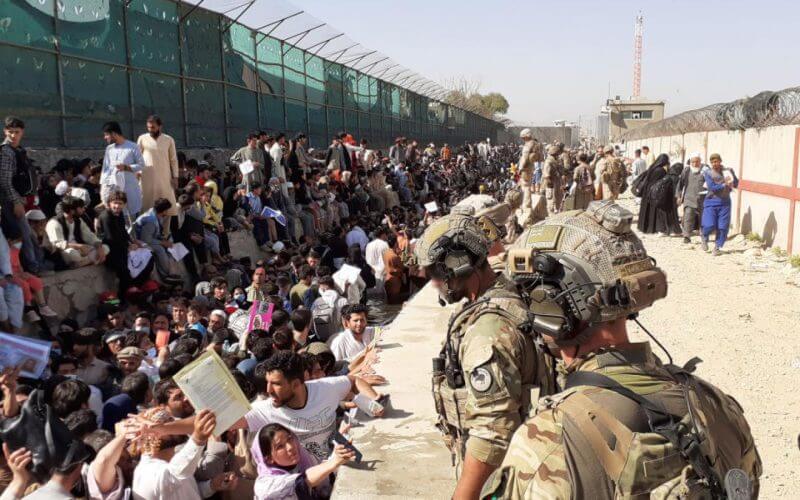The U.S. State Department lacked clear leadership during the 2021 withdrawal from Afghanistan that saw the Taliban reclaim the country, an internal report released Friday has concluded.
Commissioned by Secretary of State Antony Blinken, the After Action Review (AAR) saw the report team conduct more than 150 interviews with current and former Department officials in order to make recommendations on how best to handle a comparable situation in the future.
In mid-2021, President Joe Biden opted to proceed with Trump administration plans to withdraw U.S. forces from the country. The Taliban, emboldened by the move, went on the offensive and managed to secure large swathes of formerly contested territory from the beleaguered Afghan government. That offensive culminated in their August seizure of Kabul and the chaotic withdrawal of remaining U.S. personnel and American allies from Hamid Karzai International Airport.
"Critically, the decision to hand over Bagram Air Base to the Afghan government meant that Hamid Karzai International Airport (HKIA) would be the only avenue for a possible noncombatant evacuation operation (NEO)," the report noted.
The AAR specifically highlighted the Biden administration decision to hand over Bagram Air Base to the Afghan government as a key factor in complicating the evacuation. That handover rendered Karzai Airport the only location from which they could evacuate personnel. Moreover, the AAR faulted both the Biden and Trump administration for not adequately preparing for worst-case scenarios ahead of the withdrawal.
It further identified a lack of clear leadership during evacuation planning as hindering the State Department response.
"U.S. military planning for a possible [noncombatant evacuation operation] had been underway with post for some time, but the Department’s participation in the NEO planning process was hindered by the fact that it was unclear who in the Department had the lead. Coordination with DoD worked better on the ground in Kabul," it read.
One of the core issues, however, was simply an overestimation of the stability of the Afghan government.
"While predictions varied, up until almost the time Kabul fell, most estimates were that the Afghan government and its forces could hold the city for weeks, if not months," the report continued.
The AAR concluded by recommending that the State Department improve its "overall crisis preparedness and response capabilities," separate policy concerns from crisis planning, appoint a clear leader in crisis moments to take charge, and learn from its past mistakes, among of a litany of others.
The Afghan debacle marked the end of America's 20-year presence in the country after invading in 2001 following the September 11 terror attacks.
Related Story: GOP House, Biden Admin at Standoff on Requested Afghanistan Withdraw Docs, After Deadline Passes










